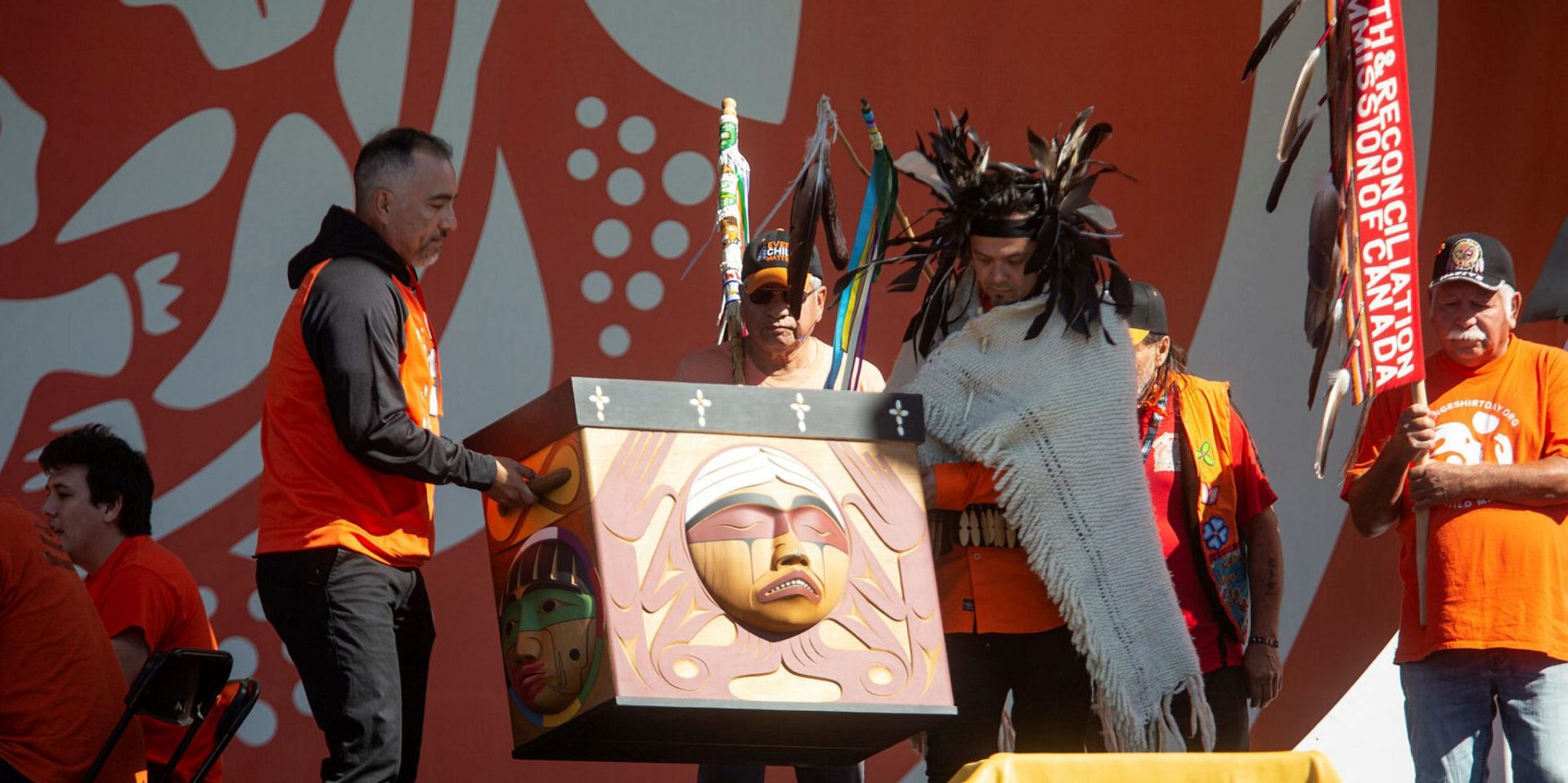Cultural agility is key in advancing reconciliation

I recall a conversation a decade ago with a Haudenosaunee colleague and mentor, just before we began delivering yet another “Indigenous Awareness” training course at a major energy company. The Truth and Reconciliation Commission’s Final Report and 94 Calls to Action had recently been released. With equal optimism and skepticism, he observed: “A window has just been opened, and I give it about a decade until it closes again.”
He was referring to the window of time when meaningful progress could be made toward the systemic change needed for reconciliation and justice in Canada. As a non-Indigenous person working in Indigenous relations, I often remind fellow non-Indigenous colleagues that the 94 Calls to Action are not for Indigenous Peoples alone. They are calls to all of us—the 95 per cent of the population whose richness and wealth, as former Assembly of First Nations national chief Ovide Mercredi put it, come from a one-sided interpretation of the treaties.
Over the past decade, working with organizations of all sizes and sectors, I’ve seen that Canadians want to keep the window open. Whether it’s a newcomer recognizing parallels between the oppression their families faced elsewhere and that are faced by Indigenous Peoples here, or a senior executive exploring ways to support Indigenous economic sovereignty through partnerships, the intention is the same: a desire to do better.
Some Calls to Action offer tangible steps, like No. 57’s directive for governments to educate public servants about Indigenous history. Others demand harder, systemic change—rethinking policies in child welfare, health, and justice. The urgency for this deeper kind of change was amplified by the National Inquiry into Missing and Murdered Indigenous Women and Girls, whose 2019 report declared 231 Calls for Justice.
As Canadians start with the easy stuff; that is, to learn more about the harms that have been done to Indigenous people, there is an understandable desire to not do any more harm with potentially ill-informed actions or changes. But then comes hesitation. People worry about causing more harm with a misstep. Many recall a time they tried to say or do the right thing, only to be told they were wrong. Out of fear, they retreat into silence.
They may continue to learn from the safety of their e-reader or podcast feed, but they stop short from taking action that might result in real change. While this response makes sense when we consider the stereotypical Canadian ethos of politeness, the result of such paralysis is that the window for systemic change is starting to close.
And yet, progress has been made. Many Indigenous and non-Indigenous leaders have pushed past fear of offending into complex conversations and structural shifts. Their communities, employees, and constituents see these examples and follow, moving beyond learning into action, with humility.
Developing this “cultural agility” is key to keeping the window open. Cultural agility means being able to work and build relationships across cultures without leaving one’s own behind. It is more than reading a land acknowledgement or taking an awareness course. It is grounded in ethical curiosity and developed through taking action. For those who have invested in developing it, the change is profound: blinders fall away, new possibilities for advancing reconciliation appear, and the fear of “getting it wrong” gives way to optimism and agency. Many describe feeling “unstuck,” more willing to try, learn, and adapt.
As we look back through this past decade’s window, the choice before us is clear. Canadians must move past the fear of missteps and lean into the harder work of systemic change. By cultivating cultural agility, we strengthen the relationships that will allow us to navigate complexity together. In doing so, we may keep the window of reconciliation open—perhaps not just for another decade, but for generations to come.
Anne Harding (MA, CP3) is the owner of Forum Community Relations, an Alberta-based company working across Canada to help ‘connect the dots’ for people and organizations who want to do better in Indigenous relations and community engagement.
The Hill Times





 LICENSING
LICENSING PODCAST
PODCAST ALERTS
ALERTS


